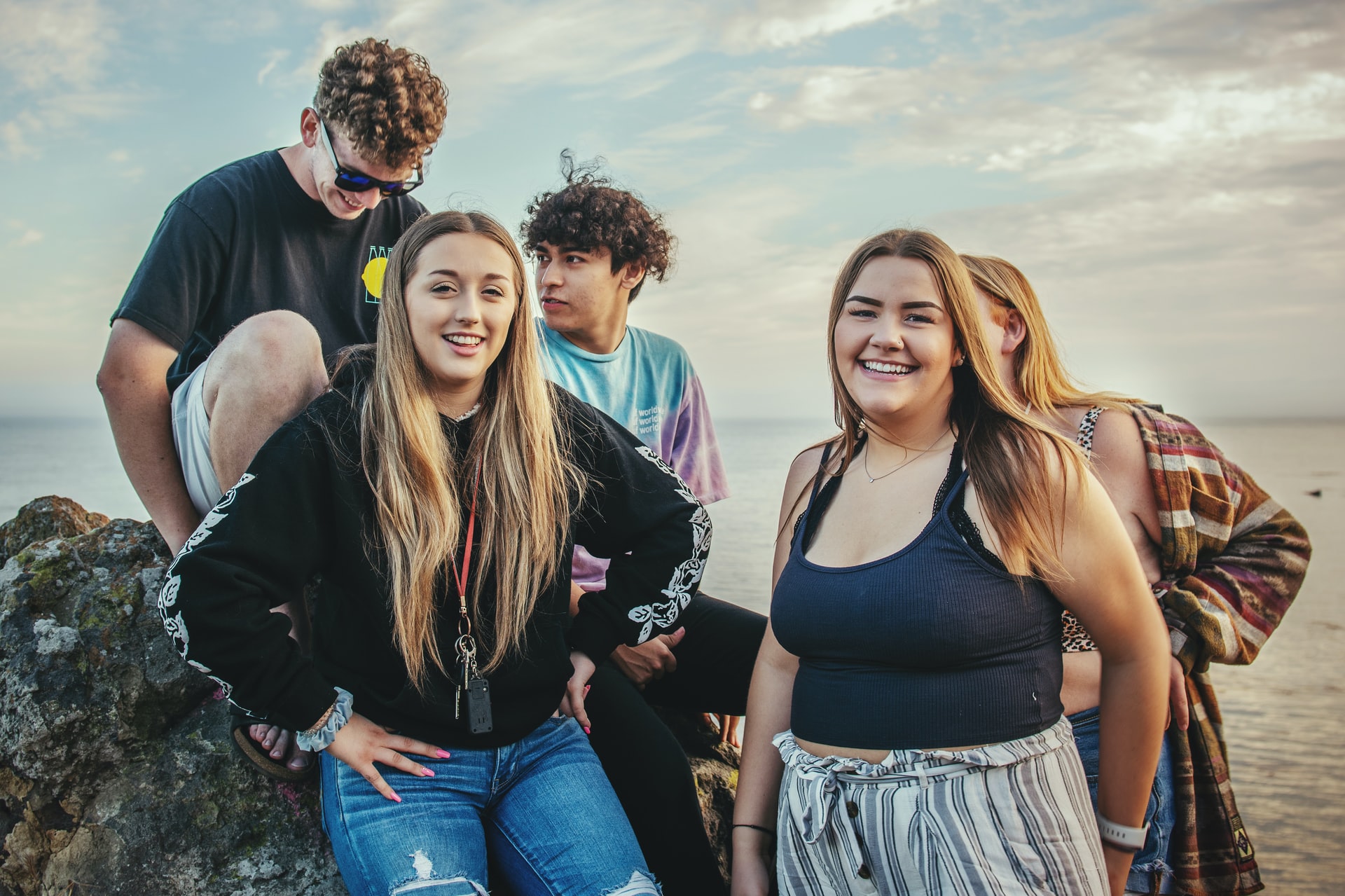I’ve been doing a series of interviews about abortion rights with some local health practitioners. [Listen to the first one here.] It’s given me lots of food for thought.
Yesterday, I was recording another conversation with Dr. Jen Hastings, who along with providing healthcare for all people, including abortion, was an early proponent of affirming gender care for transgender people. Jen reminds people, whenever they talk about abortion, not just to mention “women.”
At first I found that a bit awkward. As familiar as I am with transgender people in my life, I know that the number of trans men (who generally have uteruses) seeking abortion will be tiny. And the number of trans women needing abortions will be exactly zero. Abortion restrictions overwhelmingly overwhelmingly target cisgender women who have functioning uteruses.
So why use “people” instead of “women” when you talk about such important rights as control over our bodies?
I do agree about using inclusive language whenever possible, so that’s one thing.
But I’ve also decided that it’s necessary to start referring to women as “people” whenever possible. For too long in human history, the word “people” didn’t include women. Women were possessions, chattel, dogs, chicks, and 10s. When men thought of “people,” they generally thought of themselves exclusively.
Language is powerful.

The words we use really do shape how we think—linguists have proven that. The gender markers in our language run very, very deep, even in a “non-gendered” language like English.
Consider this old riddle:
A father and son have a car accident and are both badly hurt. They are both taken to separate hospitals. When the boy is taken in for an operation, the doctor says ‘I can not do the surgery because this is my son’. How is this possible?
The first time I heard this, I was taken aback when I, a lifelong feminist, didn’t immediately realize the doctor was the child’s mother. When I was young, all of my doctors were men, no exceptions, so that word was set in my brain as gendered male. These days, most young people would not make this mistake—doctor is ingrained in their brains as a non-gendered term. Imagine if they’d spent their lives calling all women “doctress”—women doctors would be different, not quite the same.
Women will never be people with full rights unless we refer to women as people.
The fact is, abortion restrictions hurt all people. They don’t just hurt cisgender women. They don’t just hurt transgender men who become pregnant. They hurt our society. They cause more pain, more suffering, more death.
Don’t believe me? Listen to the stories. Look at the numbers. Take a moment to imagine being in one of those situations, whatever gender you are.
Women are people.
I’m trying to remember to keep saying that.
When a person is carrying a fetus that will not survive.
When a person will die if they don’t have this medical procedure.
When a person needs an abortion.
Repeat after me:
Women are people.
No law should restrict what women do with their bodies if they do not restrict men as well.


One thought on “On women and people”